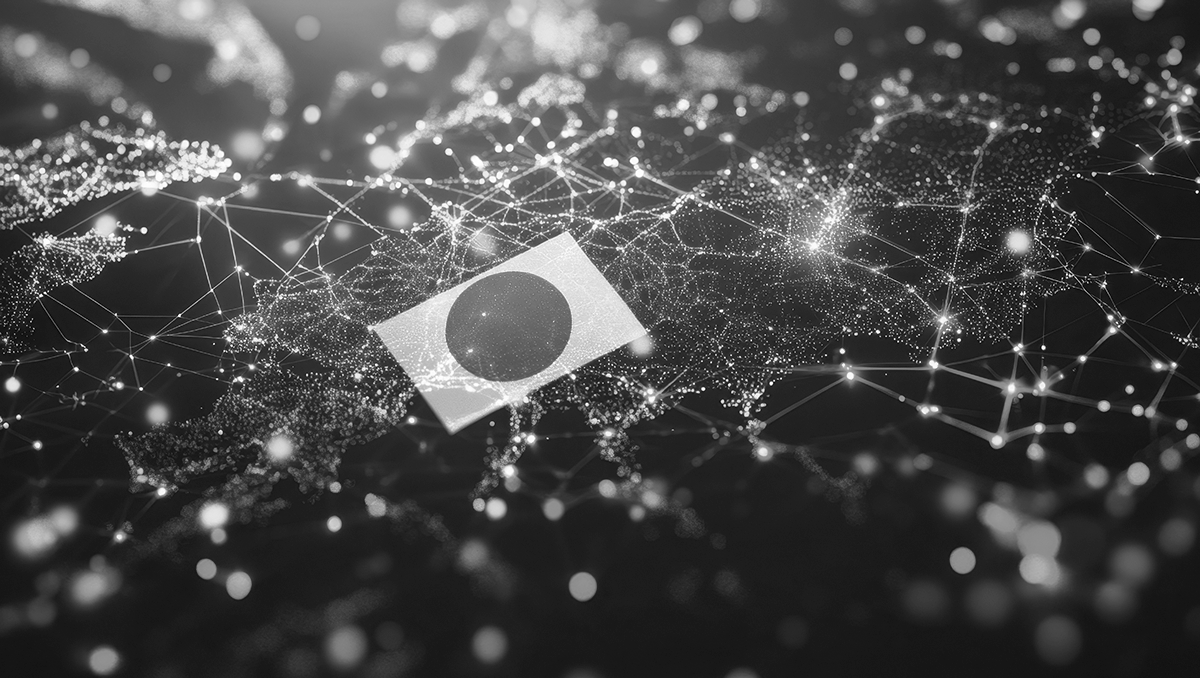Cybersecurity in Japan has always had a cultural element, infused with precision, preparation, responsibility, and accountability. Today, it’s also a matter of national security and global trust. As threats intensify and alliances shift, Japan has responded with structured policy and determination.
For companies operating in or with ties to Japan, cybersecurity compliance is part of the operating environment, clear, codified, and increasingly enforced.
The Legal Foundations of Cybersecurity in Japan
Japan does not have a single blanket cybersecurity law. Instead, it governs through a quilt of targeted legislation and sector-specific rules, which together form the country’s cyber defense perimeter.
Basic Act on Cybersecurity (Act No. 104 of 2014)
This is the mainstay. It outlines the government’s responsibility to ensure national cybersecurity and sets the framework for cooperation between the public and private sectors. Updated in 2022, the Act provided additional roles for central agencies and emphasized resilience in critical infrastructure.
Act on the Protection of Personal Information (APPI)
Japan's initial data protection law, the Personal Information Protection Law, under the administration of the Personal Information Protection Commission (PPC), has experienced revolutionary changes. The 2022 revisions introduced obligatory breach notification requirements, cross-border data transfer measures, and increased rights for individuals, which align it better with the spirit of GDPR than in its original 2003 form.
Cybersecurity Guidelines for Critical Infrastructure
In the Basic Act mandate, Japan's cybersecurity hub, the National Center of Incident Readiness and Strategy for Cybersecurity (NISC), developed voluntary but widely applied standards to 14 sectors, from energy to healthcare to finance. The guidelines are revised regularly through industry consultations.
Telecommunications Business Act
Revised in 2023, the Act includes specific cybersecurity obligations for telecom carriers. It mandates the protection of user data and network integrity, with added scrutiny over foreign-sourced equipment and vendors.
Economic Security Promotion Act (2022)
It is not a cybersecurity law per se, but it has introduced stronger protections for sensitive technologies and supply chains. It authorizes government reviews of systems used in core infrastructure and expands regulatory reach over data localization and cloud services.
Oversight and Enforcement: Who's Watching
Several agencies share responsibility, but their roles are clearly defined:
NISC (National Center of Incident Readiness and Strategy for Cybersecurity) leads the national cybersecurity strategy and coordinates government responses and incident handling across sectors.
PPC (Personal Information Protection Commission): Independent authority overseeing data protection laws, breach notifications, and cross-border data flows.
METI (Ministry of Economy, Trade and Industry): Issues industry-specific cybersecurity guidance, particularly for manufacturing and supply chains.
MIC (Ministry of Internal Affairs and Communications): Regulates telecoms and broadcasting, including cybersecurity obligations for ISPs and carriers.
Each has enforcement power within its domain. In recent years, PPC has stepped up its activity. Since the 2022 APPI amendment, fines and corrective orders have become more common, particularly around data leakage and improper overseas transfers.
Signals from 2024–2025
Japan’s Cybersecurity Strategy 2021–2025 remains the guiding document. Its goals are pragmatic: secure digital infrastructure, international collaboration, and private-sector uplift. However, recent geopolitical shifts and ransomware surges have prompted tactical updates.
Supply Chain Controls: Japan tightened scrutiny of foreign ICT vendors in 2024 following U.S. and EU trends. Critical sectors must now disclose procurement sources and undergo risk assessments for key systems.
Incident Reporting Expansion: In early 2025, new draft guidelines propose broader incident notification rules across finance, healthcare, and transport. The trend is toward faster reporting, even for near misses.
Public-Private Simulations: The government has ramped up joint cyber drills with banks, logistics providers, and cloud vendors. These are not press exercises; they are rehearsals for breach response under regulatory pressure.
How Japan Aligns with the Global Landscape
Japan’s model isn’t replication, but rather calibration.
Like GDPR, the APPI now requires explicit consent for personal data use, mandates breach notification within a “prompt” timeframe, and restricts third-country transfers without adequate safeguards. Japan is one of the few countries granted adequacy status by the EU.
Like NIST, NISC’s critical infrastructure guidelines draw heavily from NIST frameworks but are tailored for Japan’s industrial landscape.
Like ISO 27001, Many Japanese firms seek ISO certification to demonstrate compliance, and government agencies increasingly expect it during procurement.
That said, Japan’s regulatory culture is less punitive and more consensus-driven. Enforcement tends to follow guidance, not surprise audits. But this is changing, especially as cross-border data and supply chain risks grow.
What Businesses Must Do Now
If your organization processes data from Japan, serves customers there, or relies on Japanese infrastructure, there are immediate steps to take:
Map Your Legal Exposure: Identify whether your operations fall under APPI, the Telecommunications Business Act, or sector-specific rules. The classification matters.
Review Data Handling Practices: For any cross-border data flow, ensure you meet the PPC’s transfer requirements, including contract clauses or adequacy decisions.
Prepare for Incidents: Document breach response plans. The PPC expects notifications when data is leaked or may have been accessed improperly.
Engage Locally: Japanese regulators publish detailed guidance, much of it in English. Following NISC, PPC, and METI updates helps anticipate (not just react to) compliance obligations.
Audit Supply Chains: With economic security rules in play, foreign businesses must verify the cybersecurity posture of Japanese partners and technology providers.
Compliance as a Competitive Edge
Japan doesn’t regulate for headlines. It regulates for stability. The system is rule-based, transparent, and gradually tightening.
For global firms, compliance in Japan offers more than legal certainty; it builds credibility in one of the world’s most technologically advanced and risk-conscious markets.
Cyber risk management in Japan is built on foresight instead of fear. And for businesses serious about international resilience, that’s a model worth studying and following.
Compliance Is Not Security, But It's a Start
Mature beyond checkbox compliance. Fortra® helps organizations around the world follow regulatory compliance mandates and align with security frameworks to strengthen their security posture.

